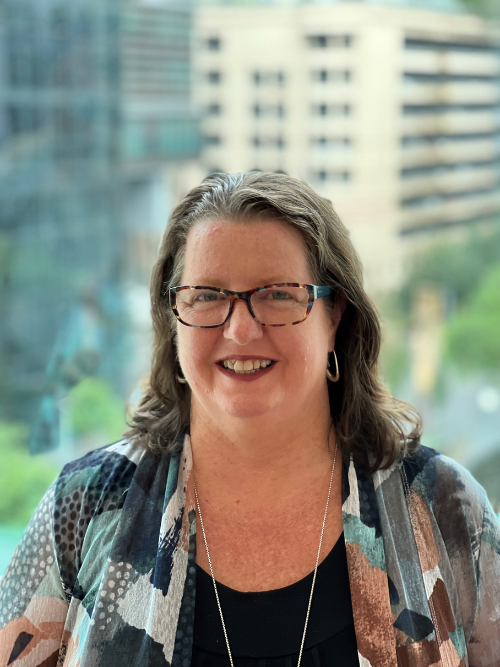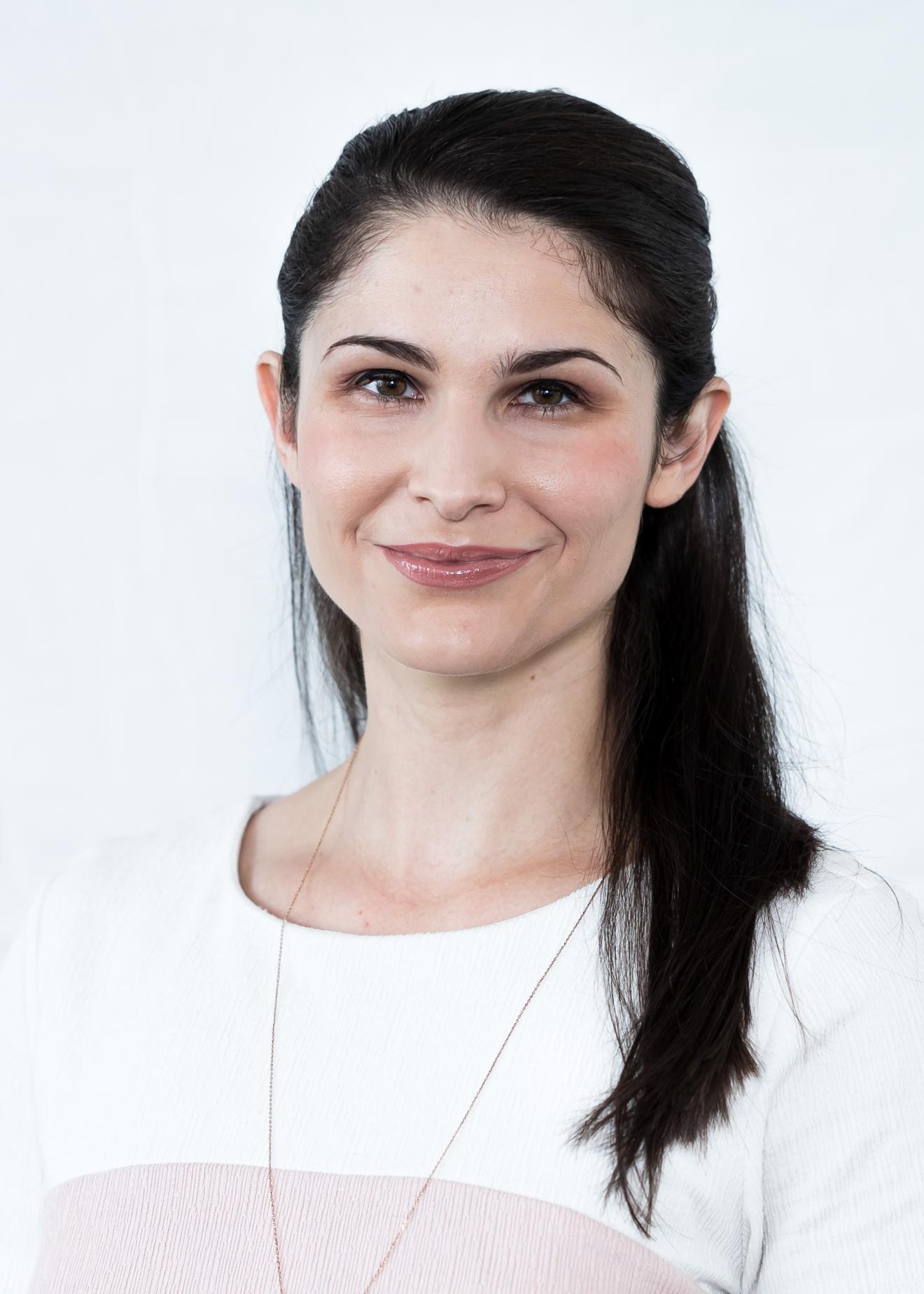
The Big Ideas Social Impact Hackathon resulted in a series of student project pitches focused on social enterprise opportunities for marginalised people.
When you think of a pressing business challenge, what comes to mind? Rescuing a company from insolvency? Managing stakeholder relationships? Adding value to customer experiences?
For the 47 students who attended the UTS Big Ideas: Social Impact Hackathon, it was a much more human-centric proposition: developing a concept for a social enterprise that would create positive social change, specifically employment opportunities, for people who have experienced disadvantage or marginalisation in Australian society.
The Hackathon was an innovative partnership between the UTS Business School, the Centre for Social Justice & Inclusion, and homelessness charity The Big Issue. Funded by a UTS Social Impact Grant, with matched funding from the Business School, it was designed to equip students with critical learning about the role of business as a driver for social good.
“Our Business School strategy is around the idea of being a socially committed business school, so we’re focused on developing and sharing knowledge for an innovative, sustainable, and prosperous economy,” says Professor Kathy Walsh, Associate Dean of Research for the UTS Business School and one of the project leads.
Most of our students truly want to make a difference.
Over two days, students from across UTS heard guest lectures from the Big Issue team and engaged with a panel comprised of people with lived experience of homelessness. They then worked in multidisciplinary teams to create a social enterprise concept and pitch it to a guest panel of experts from academia, industry and the not-for-profit sector.
The winning pitch was for a business designed to equip marginalised people with public speaking skills, preparing them for paid opportunities to contribute to corporate diversity, inclusion, and social impact initiatives. The second-place project was a tourism business in which refugees would teach locals and visitors to see iconic Australian locations through the eyes of a newly arrived resident.
The event set an exciting precedent for the inclusion of lived experience perspectives in business education at UTS. While lived experience participation is common in health and related disciplines, its presence in business learning contexts remains limited.
“When we first started creating the project, I think we were just thinking purely about getting students to construct a social enterprise and to think about how that’s different from a normal business and what that might mean for society going forward,” says Dr Mihajla Gavin, co-project lead.
I don’t think we understood what the impact of that lived experience would be. The project became about embedding empathy in that process from the beginning.
Hearing directly from people with lived experience of homelessness challenged students’ existing conceptions of disadvantage. In turn, this disrupted the tendency of many business students to arrive at problems with already-formulated solutions — a mindset that’s often reinforced by traditional business education.
I think I definitely came to Day 1 as one of those people that had solutions already in mind and tried to almost make it fit the mould. And then I learnt that it’s really, really important to listen and to understand what they need. – student participant.
As a result, after hearing from the panel, many students scrapped their original project ideas and started again so that they could approach the problem from a new, more human-centred place.
These sorts of learning outcomes were key to the Hackathon’s success. In a post-event survey, students expressed that the event’s experiential learning focus equipped them with important professional skills, including collaboration (96 per cent), teamwork (93 per cent), and problem solving (81 per cent).
But perhaps more importantly, it helped them understand the power of social enterprise and their own potential to deliver big ideas that create change beyond the corporate world: 96 per cent of Hackathon participants reported having a better understanding of social enterprise after attending the event, while 85 per cent reported increased awareness of social disadvantage and an understanding of how to create new ideas to address social challenges.
For me personally, I learnt a lot about myself in terms of my confidence to speak and how creative I can be. You come up with a much better idea when you work with everyone and get opinions from every source that you can, especially those with lived experience. – student participant.
The project team, who received the Teaching and Learning Award at the 2023 UTS Business School Achievement Awards, and a 2022 UTS Vice-Chancellor’s Professional Staff Excellence Group Commendation, are now looking for opportunities to embed key learnings from the Hackathon into future Business School curriculum.
Creating change through social enterprise
Student concepts spanned a number of important categories, including:
- providing employment opportunities for homeless people
- helping newly arrived refugees and asylum seekers
- designing programs to upskill migrants
- supporting education for young people in juvenile detention
- re-skilling older workers.
The problem
The global business sector is implicated in many of the social challenges facing the world today. Transforming business into a discipline concerned with public value and social purpose requires the development of innovative, strategic, and human-centred learning and engagement opportunities for the next generation of business leaders.
The response
A cross-disciplinary UTS team hosted a two-day Social Impact Hackathon in partnership with homelessness charity The Big Issue. Forty-seven student participants developed social enterprise concepts designed for marginalised people and engaged with experiential and lived experience learning opportunities that increased their knowledge of key social issues.
What helped accomplish this?
The Hackathon was supported by a UTS Social Impact Grant and matched funding from the UTS Business School; infrastructure and resource support from the UTS SOUL program; and the donation of time and expertise from UTS professional staff, student volunteers and guest judges from industry.
What has changed as a result?
Students reported measurable increases in their understanding of social enterprise, awareness of social disadvantage, and understanding of how to create new ideas to address social challenges.
Download full case study
Team members
-
 Professor Kathy WalshAssociate Dean (Research and Development), UTS Business School
Professor Kathy WalshAssociate Dean (Research and Development), UTS Business School -
 Dr Mihajla GavinSenior Lecturer (Management Discipline Group), UTS Business School
Dr Mihajla GavinSenior Lecturer (Management Discipline Group), UTS Business School -
 Alex ConnorSocial Impact Program Lead, UTS Centre for Social Justice & Inclusion
Alex ConnorSocial Impact Program Lead, UTS Centre for Social Justice & Inclusion

